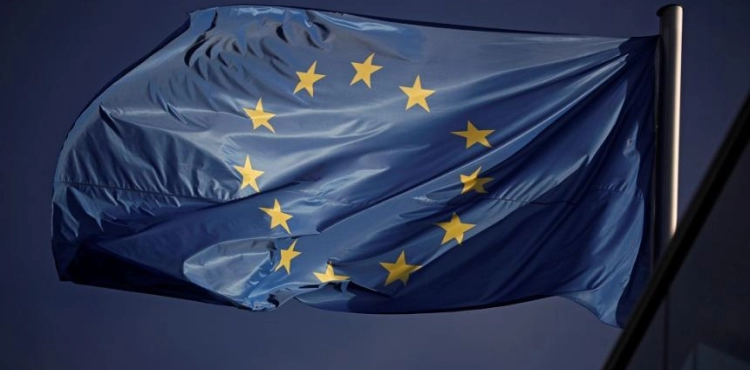The European Union intends to announce Monday that it will impose sanctions on three companies from Turkey, Jordan and Kazakhstan accusing them of violating the arms embargo imposed by the United Nations on Libya, two diplomats revealed to Agence France-Presse, on condition of anonymity. Their identities.
The European Union had launched "Operation Irene", which is deployed off the coast of Libya and is tasked with enforcing the arms embargo and gathering intelligence about violators of the resolution.
Turkey is one of the most prominent supporters of the United Nations-recognized Libyan Government of National Accord, which launched Marshal Khalifa Haftar, the strong man in eastern Libya, an attack to control its stronghold, Tripoli.
A diplomat told France Press that "the sanctions are modest but effective," saying that they are a message.
The imposition of sanctions on a Turkish company would exacerbate the existing tension between Ankara and the European Union against the backdrop of an escalating dispute in the eastern Mediterranean over oil and gas.
Under the sanctions, the companies will be blacklisted and their assets in the European Union will be frozen. It is expected that they will be approved at a meeting held by the foreign ministers of the bloc countries on Monday in Brussels.
Libya has been witnessing violence and a power struggle since the fall of the Muammar Gaddafi regime in 2011.
Since 2015, two ruling powers have been in conflict: the Government of National Accord headed by Fayez al-Sarraj, based in Tripoli (west), and a parallel government supported by Haftar in the east of the country.
France has been accused in the past of providing military support to Haftar, which is backed by Russia, Egypt and the UAE.
Last year, French missiles were found at a base used by Haftar´s forces, but the French Ministry of Defense said that they were decommissioned weapons that were "temporarily stored in a warehouse in preparation for their destruction."
On the other hand, Turkey and Qatar support the reconciliation government, and UN officials have repeatedly warned that the introduction of weapons manufactured abroad into Libya undermines efforts to establish peace in the country.












